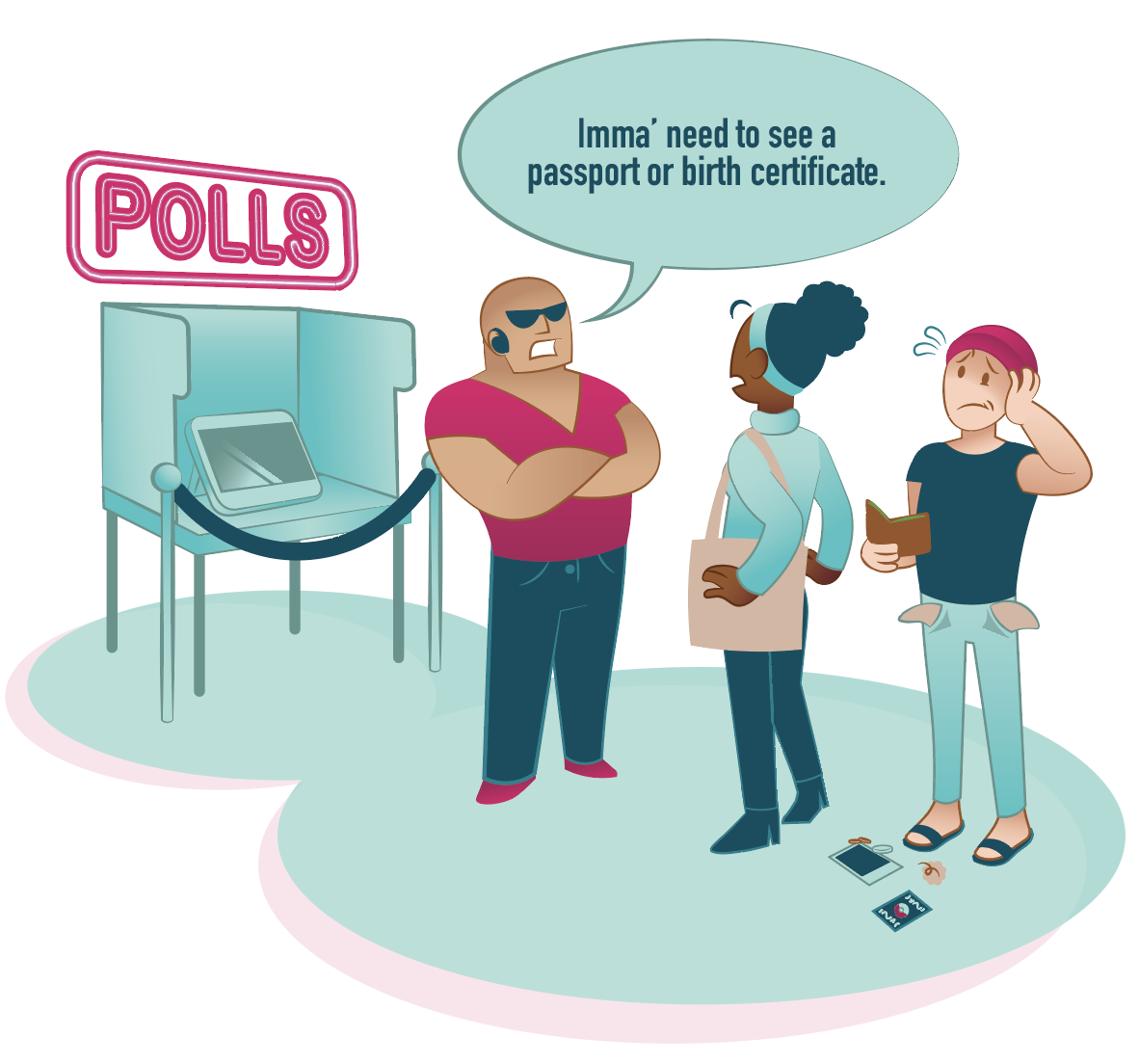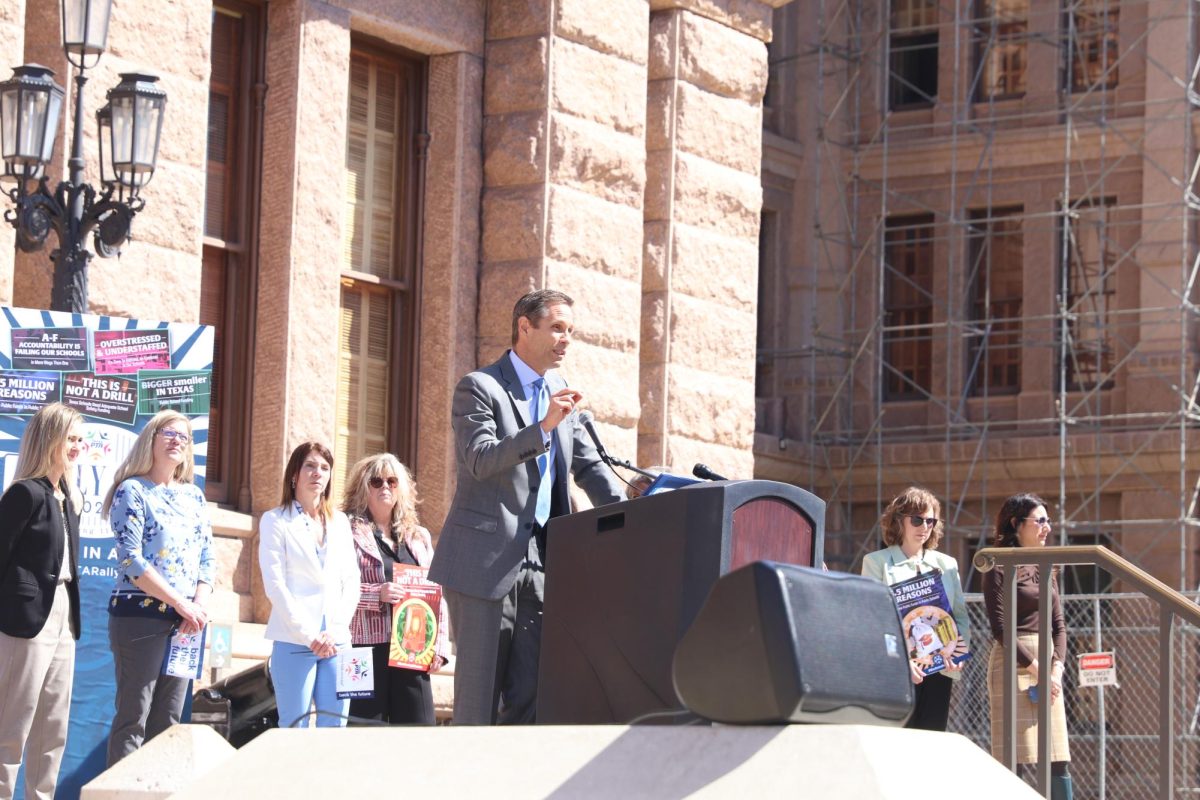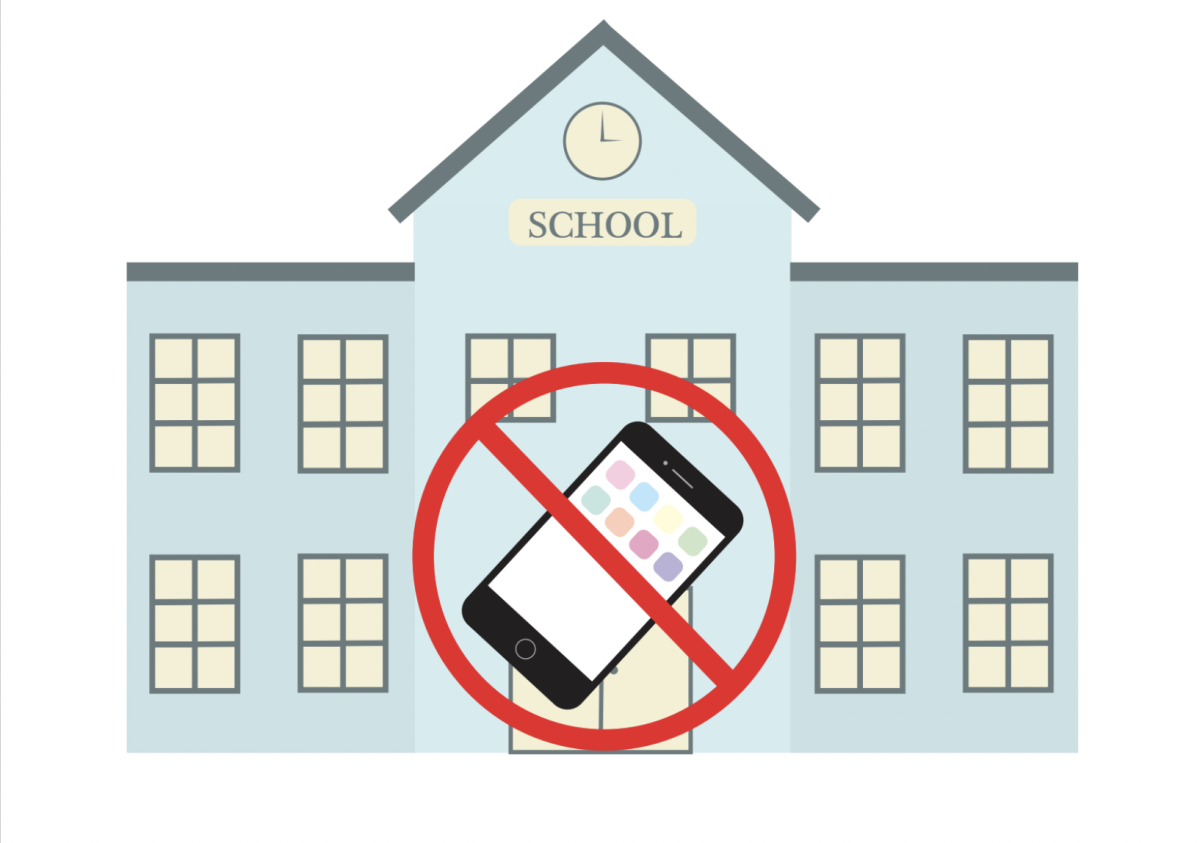On April 16, the Texas House voted to advance Texas House Bill 6 (HB6), which would broaden Texas public schools’ authority to discipline students. Simultaneously, three additional bills addressing student discipline have been passed in the Senate. In addressing school safety, these bills aim to combat statewide challenges with teacher retention and shortages.
“If we took care of problems and made students more accountable for their behavior, I think teachers would be happier,” English teacher Becky Hertel said. “Just because we’re in school doesn’t mean it should be a free-for-all.”
Currently, according to TEA, Texas students may receive a maximum of three days of suspension for any behavior that violates the school’s code of conduct. Students can face either in-school or out-of-school suspension. If a student receives out-of-school suspension, the student is not allowed on the school campus for the duration of their suspension. In contrast, in-school suspension, a student remains on campus but is removed from their regular classes and placed in an office or other assigned area, according to AISD Code of Conduct. For serious offenses, a student may be moved to an alternative education program.
“I think that there’s a culture at Bowie where students can behave how they want and I think to a certain extent schools should increase disciplinary action so that students understand that there are consequences for their actions,” junior Isaac Almodovar said. “There needs to be a balance between doing too much or too little and I think it really comes down to how we can make Bowie a better social environment.”
While HB6 would continue the current three-day maximum of out-of-school suspension, the maximum for in-school suspension would be expanded to ten days. Conversely, HB6 would reverse a 2017 bill that restricted out-of-school suspensions for students in 3rd grade or below, except in the case of serious offenses. In addition, HB6 also undoes a 2019 bill that placed similar restrictions on out-of-school suspensions for homeless students. HB6 would also repeal a 2023 bill that requires students who vape to be sent to an alternative education program.
“Disruptive students can negatively impact the classroom and school environment in general,” Almodovar said. “I can say as someone who has ADHD, even having others talking loudly or being distracting can really harm the way I learn. However I think that it’s important to meet these students where they’re at and try to assess and address the problem through outreach by counselors and teachers.”
HB6 would also allow alternative education schools to offer virtual learning. According to Texas Policy Research disciplinary alternative education programs would improve temporary alternative education placements for certain students and would help remove previous limitations that decided when and how a student could be suspended. Additionally, this bill was designed to give districts broader discretion when dealing with serious or dangerous student behavior.
“I think some kids work better in an online situation,” Hertel said. “Some of the behavior issues with kids in my teaching career happened with kids who are gifted and are just so bored in the classroom that they act up, so being able to just take the class online is a great option for them.”
Alongside HB6, three bills in the senate also seek to expand disciplinary authority in Texas schools. Senate Bill 27 (SB27) is designed to expand teachers’ authority to remove students who interfere with the learning environment, engage in bullying, or exhibit abusive behavior. Similarly, under Senate Bill 1871 (SB1871), students who assault a teacher or bring a firearm to school would be expelled. Additionally, Senate Bill 1924 (SB1924) would allow students who exhibit disruptive or dangerous behavior, such as fighting, to be issued a class C misdemeanor, reversing a previous 2013 bill that banned law enforcement from issuing citations to students for school-related offenses.
“Some teachers misuse their power to be mean to students; if they are given more disciplinary authority, they will use it unfairly,” sophomore Elizabeth Crunk said. “But, there are some teachers who understand the purpose of disciplinary actions and use them to benefit the class and the disrupter themselves so they can help the student and further their education. When students are being disruptive to the class, it’s usually an underlying issue, and just because they are disruptive in one class doesn’t mean their entire education should be compromised.”
A Texas Education Agency (TEA) survey conducted in 2022 found that discipline and safety at work was the second most mentioned concern teachers cited as causing statewide teacher shortages. According to the TEA, 12.91% of Texas teachers left the profession during the 2023–24 school year. In contrast, only 11.81% of teachers were newly hired in 2024–25, creating a deficit of nearly 5,000 teachers.
“When it comes to student discipline, that is what exhausts me most as a teacher,” Hertel said. “On days when I don’t have discipline issues, I love my job, but on days when I have constant behavior issues in all my classes, it’s hard to want to come to work the next day.”








